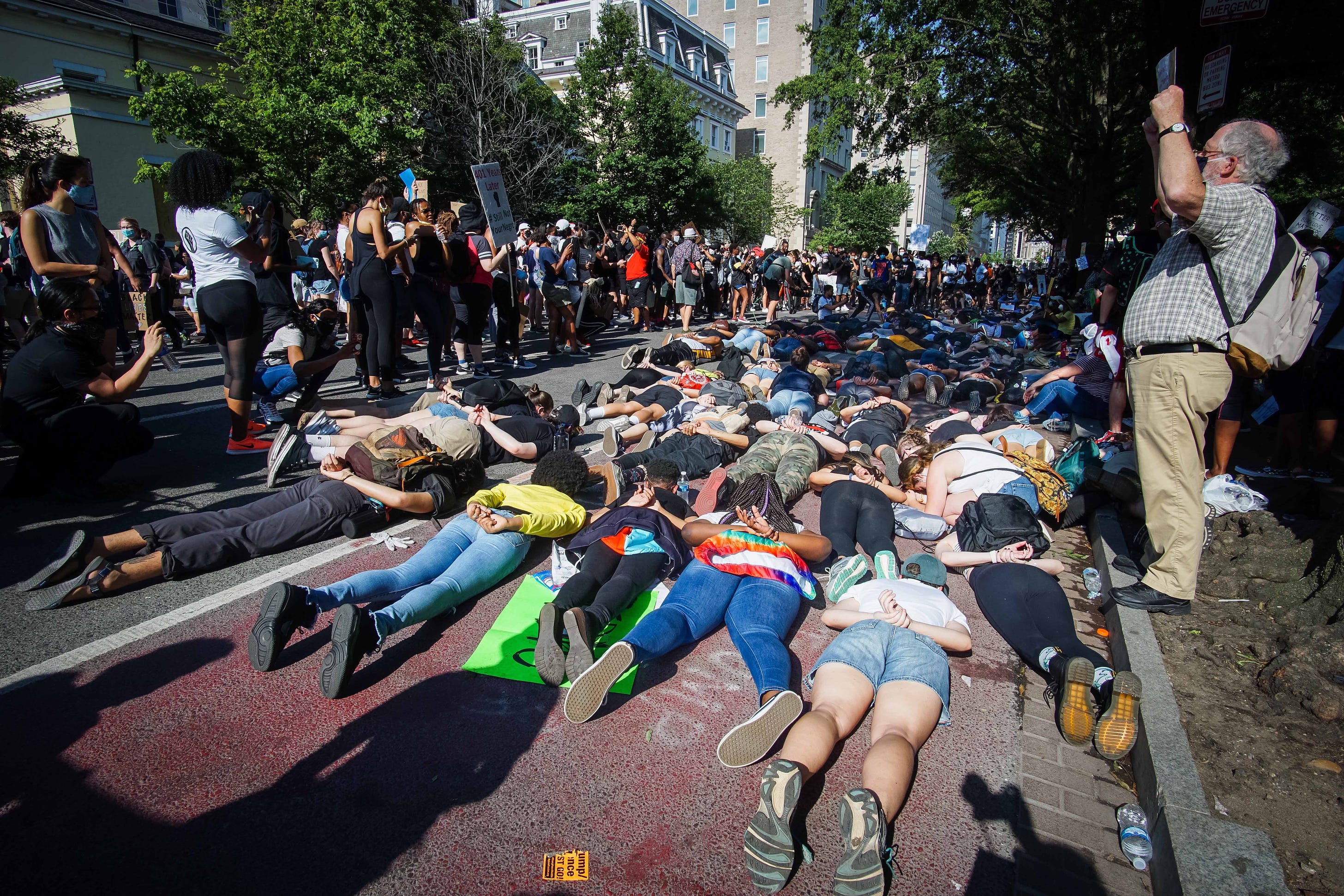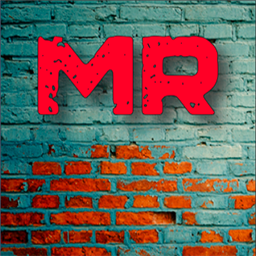|
 |
A publication of Christian Action Network
 |
In today's America, the scales of justice seem not just imbalanced but blatantly biased, depending on the cause you support.
The cases of pro-life activists contrasted with the treatment of other protesters, such as Black Lives Matter and pro-Palestinian demonstrators, reveal a justice system that appears to selectively wield its power based on political views.
Take, for instance, Heather Idoni, a dedicated pro-life advocate, a mother of five, and an adoptive mother of ten.
Heather was recently convicted under the Freedom of Access to Clinic Entrances (FACE) Act and is facing a staggering 50 years in prison for what was described as the heinous crime of singing hymns outside an abortion clinic.
Her treatment in custody was no less harsh, involving solitary confinement and being led into court in shackles — a level of security one might expect for a dangerous felon, not a peaceful protester.
"Idoni spent 22 days in solitary confinement," wrote Gary Bauer of the pro-family group Campaign for Working Families.
"Did she attack a prison guard? No. Was she dealing drugs in jail? No," he said. "Her offense was sharing her food with another prisoner. The lights in her cell were also left on 24 hours a day, so she couldn't sleep."
Idoni's case is not an isolated instance of disproportionate punishments for protesting at abortion clinics.
Fellow pro-life advocate Herb Geraghty recently received a 34-month prison sentence. John Hinshaw was sentenced to 21 months, and Will Goodman to 27 months.
The list continues, each case adding to a troubling pattern of harsh penalties for similar acts of civil disobedience.
Meanwhile, consider a parallel universe where protesters block major highways and bridges.
In San Francisco, Black Lives Matter activists were arrested after causing a massive disruption on the Bay Bridge, blocking traffic for hours, and even painting "#BLM" on the road.
Their punishment? Most were cited and released within hours.
Similarly, in Chicago, pro-Palestinian demonstrators blocked a critical interstate leading to O'Hare International Airport, yet the aftermath saw minimal legal repercussions, mostly charges of disorderly conduct with quick releases.
Do not overlook the potentially dangerous consequences of obstructing vehicle traffic. The risk extends beyond the protesters who deliberately position themselves in the path of oncoming vehicles. Consider the individuals in those cars – among them could be someone rushing to respond to a medical emergency, now helplessly trapped in a gridlock.
How can the act of singing a hymn outside an abortion clinic, possibly slowing but not wholly stopping traffic, be deemed more grievous than physically blocking cars – hindering people trying to get home, to work, or, critically, to a hospital?
These cases illustrate a glaring inconsistency.
Pro-life activists, advocating for what they believe is the sanctity of life, face draconian sentences and are treated with a severity that belies their non-violent actions.
On the other hand, protesters from politically favored movements cause significant public disorder and yet walk away with scarcely a slap on the wrist.
What message does this send?
"This is the kind of outrageous treatment one would expect in communist China or Putin's Russia. Not in the United States of America in 2024," Bauer wrote.
All this suggests that in Joe Biden's America, justice is not blind.
It is peeking, choosing its targets based on their political stance rather than the nature of their actions. It seems to assert that disrupting public order and endangering lives on a bridge or highway is less offensive to the public conscience than singing hymns outside a clinic.
The selective severity and apparent bias raise critical questions about the fairness of our justice system. It's a troubling precedent in a country that prides itself on equal treatment under the law.
The implications are profound, not only for those who find themselves on the 'wrong side' of political favoritism but for the integrity of our legal system as a whole.
We must ask ourselves: Do we want to live in a country where singing hymns can potentially land you in prison for decades, while blocking highways and airports doesn't even warrant a time-out in a corner?
If the answer is no, then it's time for the scales of justice to be recalibrated. It's time for fairness, consistency, and, most importantly, for the law to be applied equally, regardless of political or personal beliefs.
The time to speak up is now before the hymns of the peaceful are drowned out by the clang of prison doors shutting on uneven justice.
Martin Mawyer is president of the Christian Action Network, which he founded in 1990. Located in Lynchburg, VA, CAN was formed as a non-profit educational organization to protect America’s religious and moral heritage. He is the author of several books, including You Are Chosen: Prepare to Triumph in a Fallen World.
